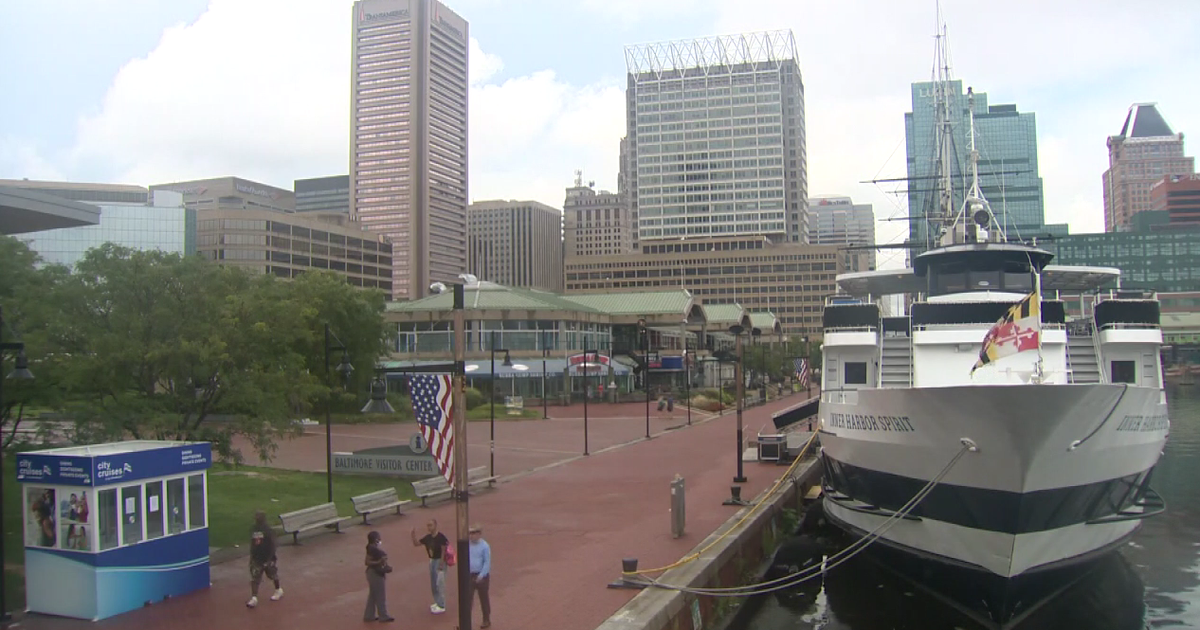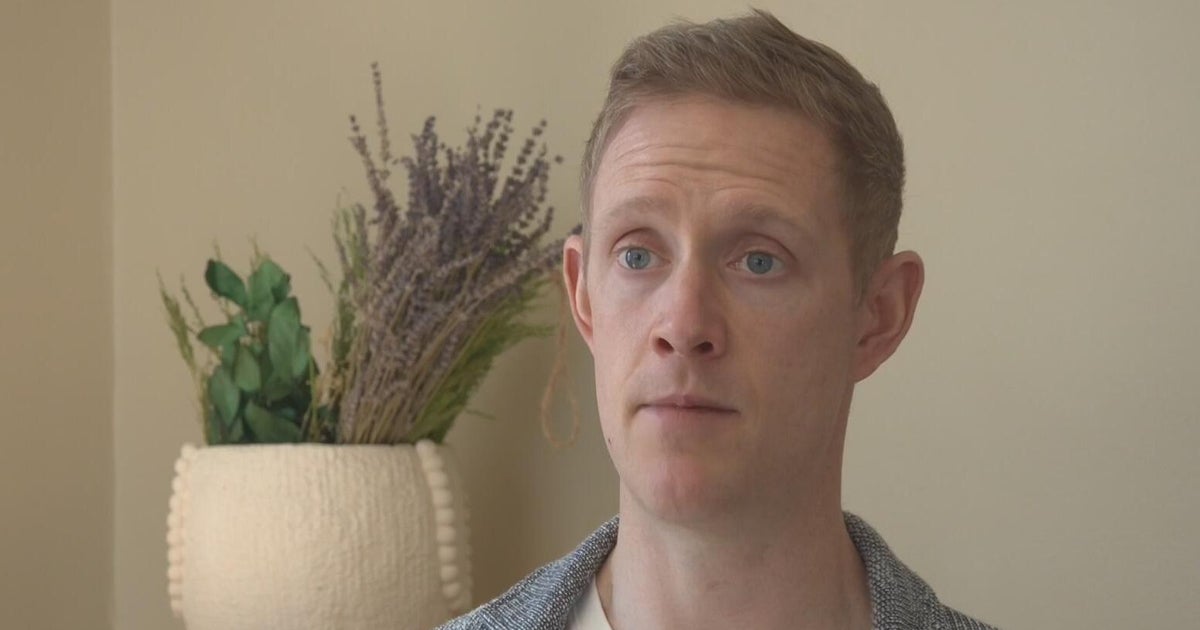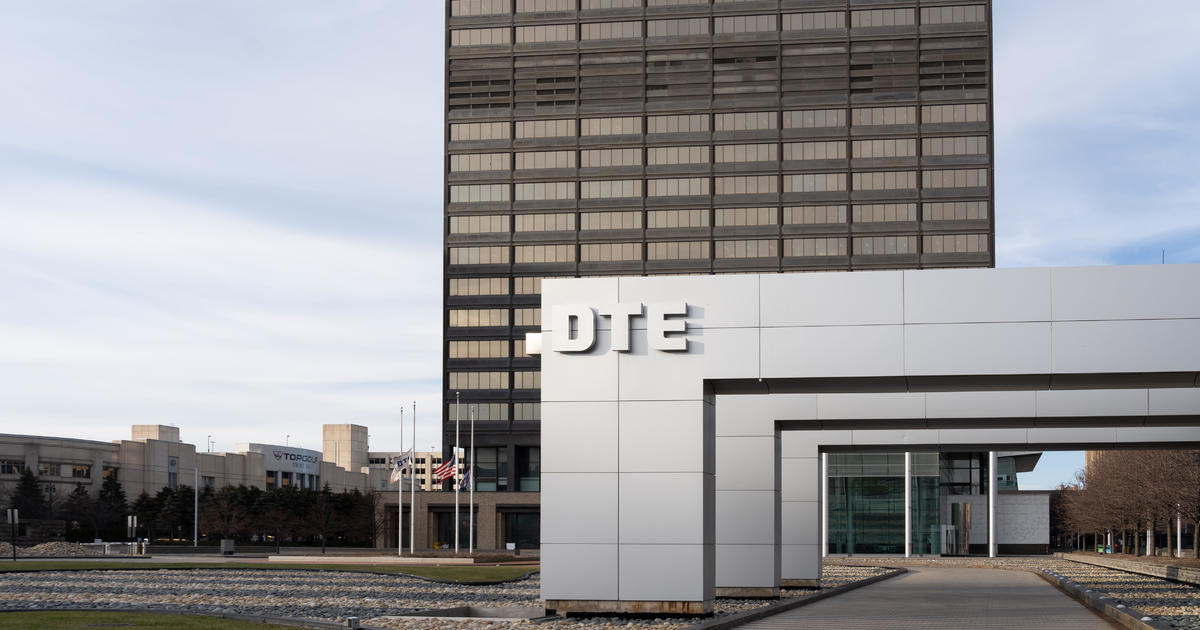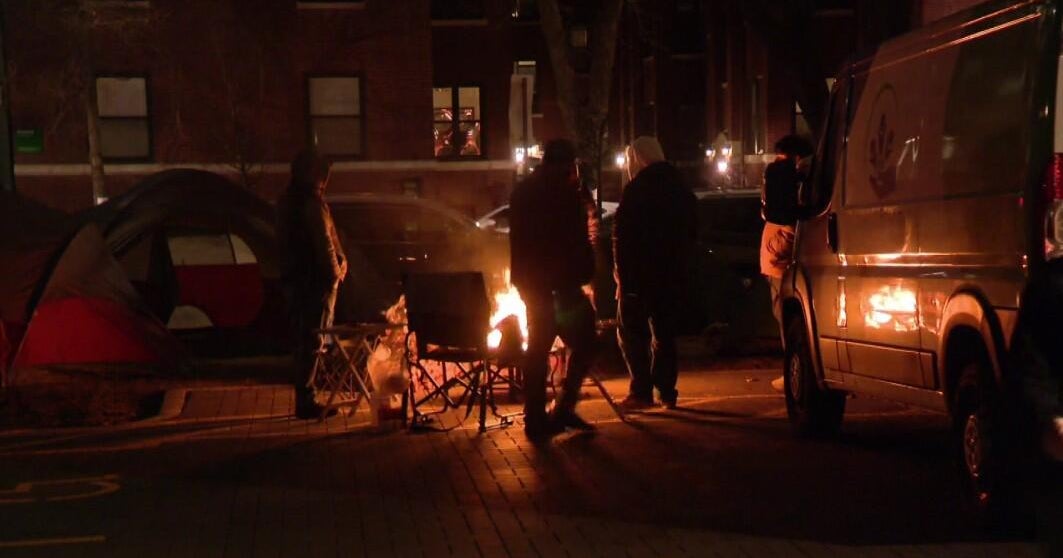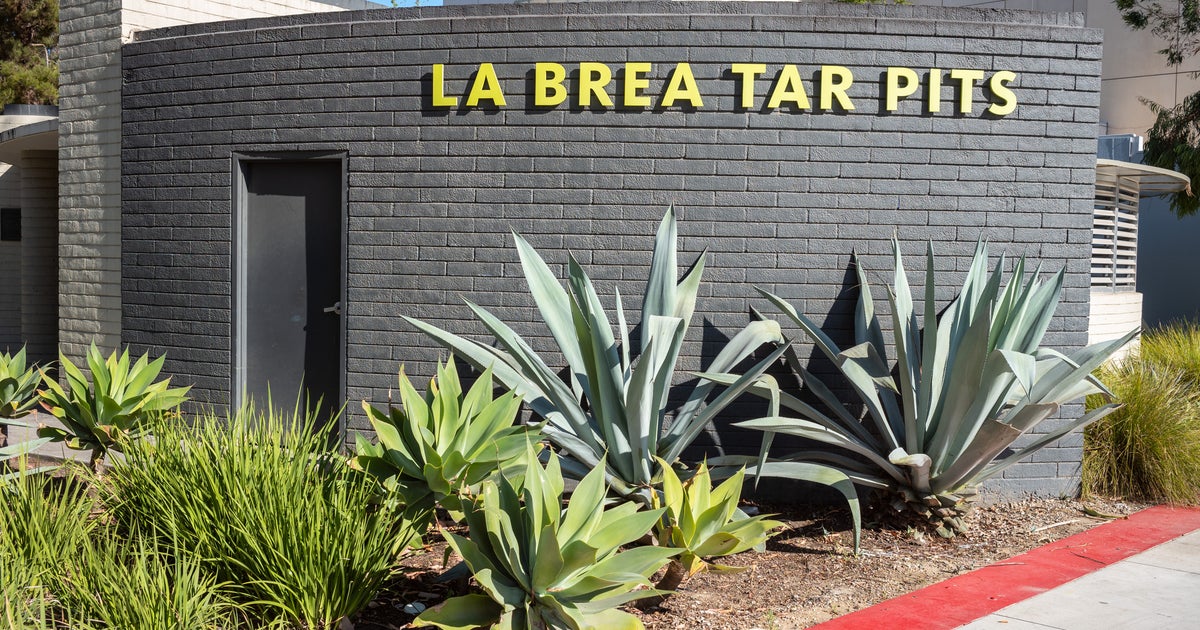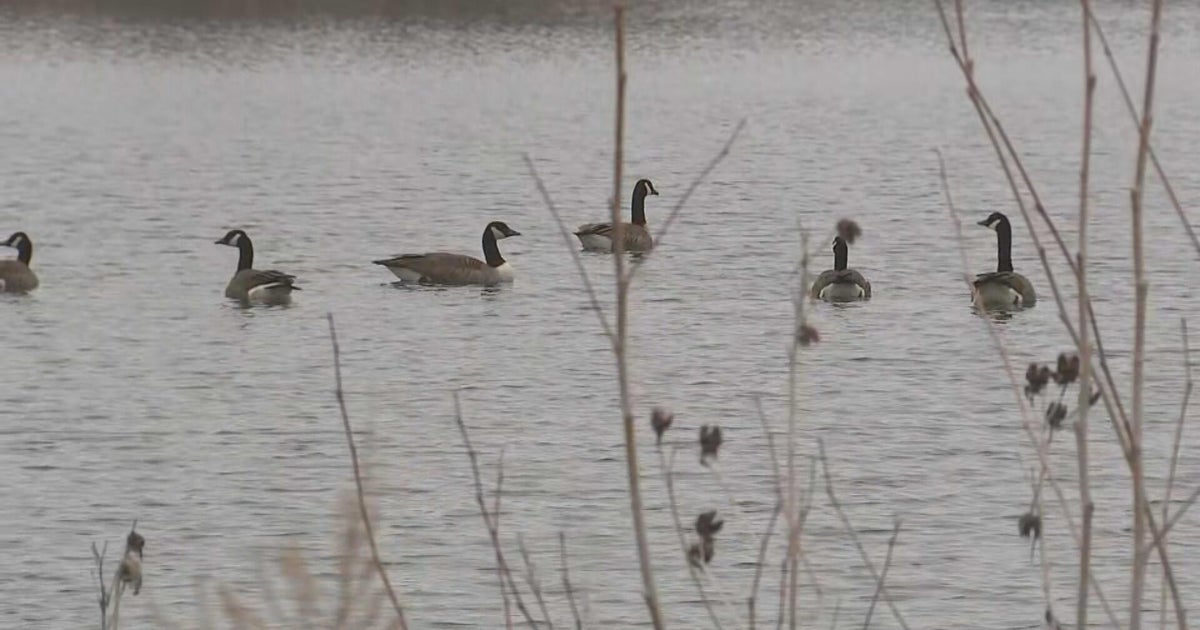The History Of Earth Day
Earth Day has been around for over 40 years. It is celebrated on April 22 each year in over 140 countries; some communities have expanded it into an entire Earth Week. Yet for many people, Earth Day is just another "holiday" advertised by long-haired teenagers handing out flyers in front of coffee shops (which you should be recycling). But Earth Day serves a very necessary purpose: to increase awareness worldwide that our planet's natural environment needs to be preserved.
The modern environmental movement got its start in the 1960s with the rise in public awareness of environmental issues like air and water pollution. Wisconsin Senator Gaylord Nelson, moved by the 1969 Santa Barbara oil spill and other environmental concerns, came up with the Earth Day idea to push the issue onto the national stage. Taking a page from the anti-Vietnam protests igniting college campuses, he tapped activist Denis Hayes to lead a team of volunteers and staffers to organize Earth Day. And the public responded.
The first Earth Day, held on April 22, thrust the environment into the center of the public discussion. Large events took place in New York, Philadelphia and across the country, with millions participating. New York's mayor shut down part of Fifth Avenue (one of NYC's busiest streets) and opened up Central Park for an Earth Day event. It's estimated that over a million people attended. Just a train ride away in Philly, a group of students from various institutions created the first ever Earth Week, with much of the activity taking place in Fairmount Park. Speakers included U.S. Senator Edmund Muskie, everywhere-man Ralph Nader and poet Allen Ginsberg. The bipartisan, nationwide Earth Day helped bring about the Environmental Protection Agency and push through the Clean Air, Clean Water and Endangered Species Acts.
Learn the environmental message behind 'The Lorax.'
Earth Day 1990 — the 20-year anniversary — reached over 200 million people around the world. The global event furthered worldwide recycling efforts and set the stage for the United Nations Earth Summit in Brazil two years later. It also helped convince over a dozen countries to create labeling programs that pointed consumers toward eco-friendly goods and services. Some eastern European nations even established environmental protection agencies.
Earth Day 2000 set out with the hopes of being the biggest yet, with the advent of the internet as a tool for global outreach. Global warming and clean energy were the focus. But rain rained on its parade, at least in Washington, DC. Leonardo DiCaprio hosted, and attendance was still in the hundreds of thousands. The reach beyond the US proved much more substantial.
Earth Day in 2010 coincided with the International Year of Biodiversity. The 40th anniversary included a climate rally that brought 225,000 to the National Mall in Washington, DC to demand comprehensive climate legislation. The Earth Day Network, as part of their Billion Acts of Green drive, logged millions of "acts of green," ranging from beach cleanups to voter registration drives. Earth Day 2010 also launched a million-tree-planting initiative in cooperation with James Cameron, director of Avatar.
Earth Day has blossomed from its once-a-decade-or-so status to an annual global event. The Earth Day Network, which grew out of the first Earth Day, works with partners around the world "...to broaden, diversify and mobilize the environmental movement." It's purpose is to help society secure a healthy future for current generations and those to come. The organization works to broaden the meaning of "environment" to also include issues that affect our health and communities, from greening deteriorated schools to creating green jobs.
The growth of the internet has allowed an even larger global connection, helping with organization and mobilization. The theme of Earth Day 2012 is "Mobilize the Earth." According to the official Earth Day site, "People of all nationalities and backgrounds will voice their appreciation for the planet and demand its protection." Much of the focus will be on securing renewable energy and a sustainable future.
Earth Day's message continues to grow with each passing year. Unfortunately, so too does the need for it.
Kyle Ayers is a writer for CBS Local and KorkedBats.com, as well as a stand up comedian living in New York, Earth. Follow Kyle on Twitter @kyleayers.




